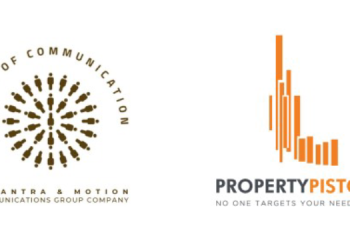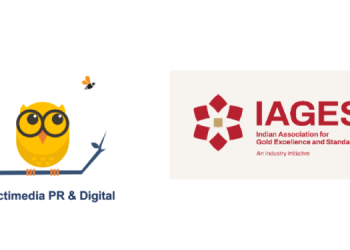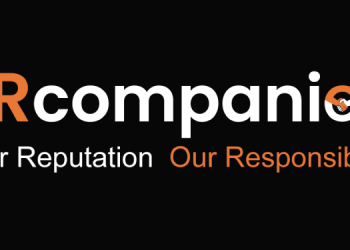In the public relations industry, maintaining a strong ethical foundation and a strict moral code is paramount for ensuring trust, credibility, and integrity. Ethics in PR means ensuring that all information shared with the public, media, or any other stakeholders is accurate, transparent, and truthful. This approach fosters long-term, trusting relationships between the public, brands, and their communities.
In 2024, PR practitioners bear the responsibility of sharing accurate information and being accountable when things do not go as planned. This dedication to honesty promotes informed decision-making and open discourse among the public. In an age where misinformation can spread rapidly, upholding ethical standards in PR is more crucial than ever for building sustainable, positive relationships with stakeholders.
Key aspects of ethics in PR:
Fostering trust and credibility with ethical practices – Ethical conduct is pivotal for driving trust and credibility in the field of public relations. By consistently operating with integrity and adhering to ethical principles, PR professionals can establish a strong foundation of trust with their clients, the public, and other stakeholders.
Significance of honesty and transparency – Maintaining transparent communication with different stakeholders, whether clients, the public, or journalists, helps to build trust and credibility. It is essential for PR professionals to share accurate information with the public and remain transparent in their communication.
Maintaining long term media relations – To ensure long term and fruitful relationship with media it is important to maintain honesty, integrity, and transparency in all professional interactions with journalists and editors. This includes providing accurate information, avoiding any form of manipulation, protecting individuals’ privacy, and ensuring fair representation of all parties involved.
Accountability in crisis management – Ethics in crisis communication and public relations centers around transparency, honesty, and accountability. Effective crisis management requires that organizations communicate truthfully and maintain trust with their stakeholders. This means avoiding manipulation or deception, and instead focusing on clear, accurate, and timely information. By upholding these ethical principles, brands can not only manage crises effectively but also enhance their overall reputation and foster long-term trust with the public.
Conclusion
As PR professionals navigate the complex landscape of modern communication, they face numerous ethical dilemmas that require a steadfast commitment to integrity. Upholding ethical standards is not only about maintaining personal and professional credibility but also about fostering trust with the public, clients, and stakeholders. By prioritizing transparency, honesty, and accountability, PR practitioners can build and sustain meaningful relationships, ensuring their messages are received with respect and confidence. In an era where misinformation can quickly undermine trust, the dedication to ethical practices remains a vital cornerstone of the PR industry, guiding it towards a future where integrity and authenticity are paramount.

















